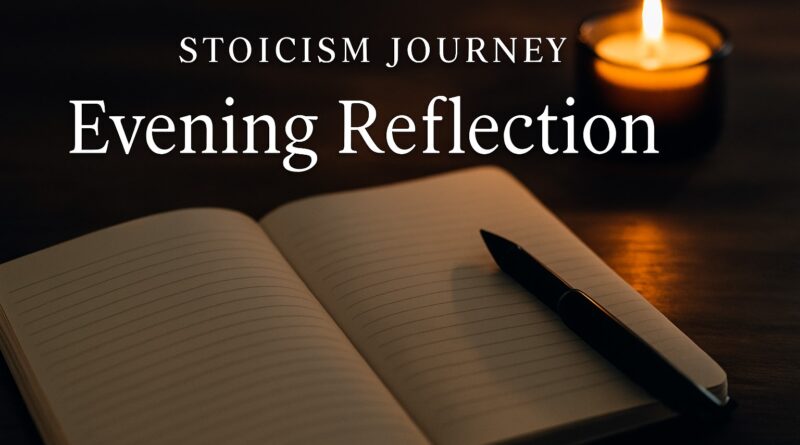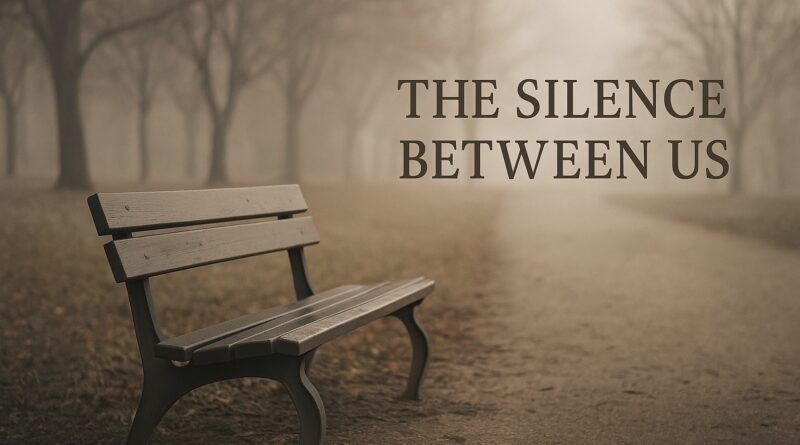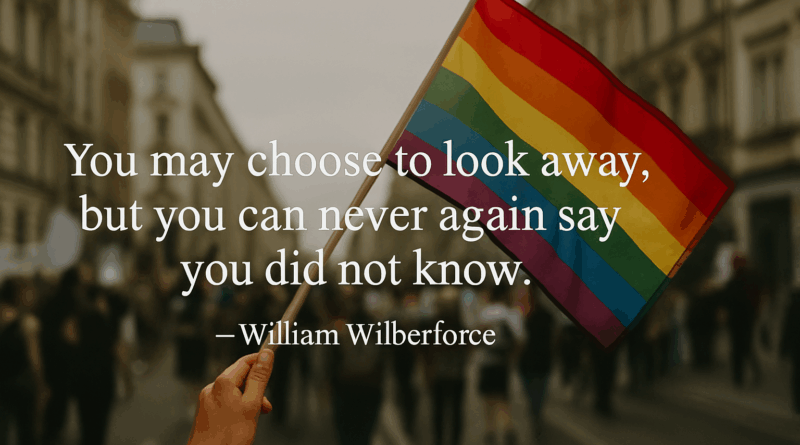Stoicism Journey: Evening Reflection
We’ve all had days we wish we could do over — moments of frustration, things said too quickly, or chances missed. At night, the mind often replays them with no resolution. The Stoics gave us another way. The practice of Evening Reflection invites us to examine the day with honesty, take note of our missteps and our better moments, and prepare to live more intentionally tomorrow. It’s simple, quiet, and backed by modern science. You don’t need special tools — just a few minutes and a willingness to learn from your own life.
Read more




